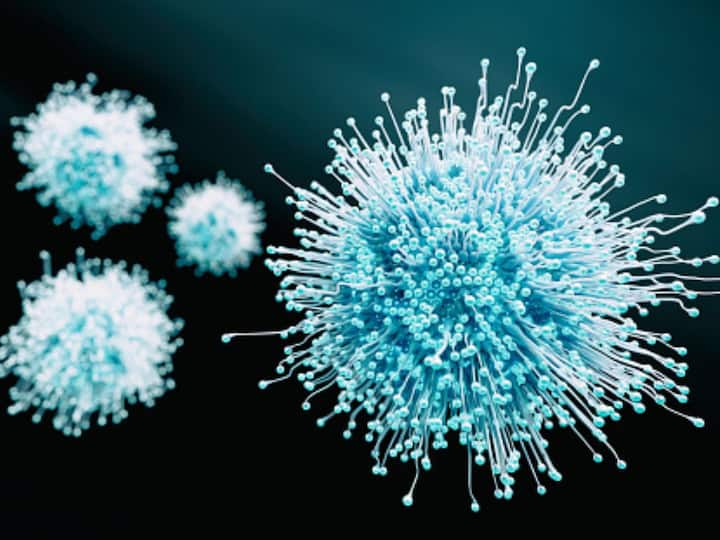Scientists worldwide have raised concerns about a new COVID variant detected that may be more contagious than earlier variations.The JN.1 variant of coronavirus is considered to be a descendent from the Omicron sub-variant BA.2.86 or Pirola. Although it was initially identified in the United States in September 2023, China reported seven cases of this specific sub-variant on December 15, according to a Reuters report.
JN.1 variant of the coronavirus in Kerala
Kerala is the latest location where the coronavirus strain JN.1 was discovered. On December 8, the case was identified in an RT-PCR-positive sample from Karakulam in the southern Thiruvananthapuram district. The 79-year-old woman recovered from COVID-19 after experiencing moderate influenza-like illness (ILI) symptoms. Health officials are becoming concerned as this variety is once again leading to a global increase in infections.
What is the JN 1 Covid variant?
The World Health Organization (WHO) has listed JN.1, a COVID variant, as a distinct "variant of interest." Previously, the omicron subvariant was categorized under its parent strain, BA.2.86, causing worry among certain scientists due to its significant number of mutations.
The COVID JN.1 variety is probably an Omicron subvariant called BA.2.86 or Pirola. September of this year marked the first detection of the case in the US. On December 15, seven examples of the particular subvariant were discovered in China, as reported by Reuters. "Even though BA.2.86 and JN.1 sound very different because of the way variants are named, there is only a single change between JN.1 and BA.2.86 in the spike protein," according to a recent update from the CDC.

News agency ANI reports that Dr Ujjwal Prakash, Senior Consultant in Chest Medicine at Delhi's Ganga Ram Hospital, discussed the appearance of this variety and said that while caution is important, people shouldn't become alarmed. "You should use more caution. "I believe there's no need to become worried or take any further action beyond exercising caution," he continued.
What are the symptoms of the JN.1 variant?
A fever, runny nose, sore throat, headache, and, in some cases, mild gastrointestinal issues are some of the symptoms that patients have reported having thus far. The doctor continued that most patients have moderate upper respiratory symptoms, which usually go away in four to five days.
These symptoms are not distinguishable from other respiratory illnesses like flu. If patient has these symptoms and they are mild just symptomatic care is enough. Red flag sign is breathlessness. The risk factors for severe disease are in the elderly and the immunocompromised," says Dr Tanu Singhal, Consultant, Paediatrics And Infectious Disease, Kokilaben Dhirubhai Ambani Hospital Mumbai, as quoted in HT
IMAGE SOURCE-X
Ⓒ Copyright 2023. All Rights Reserved Powered by Vygr Media.



















